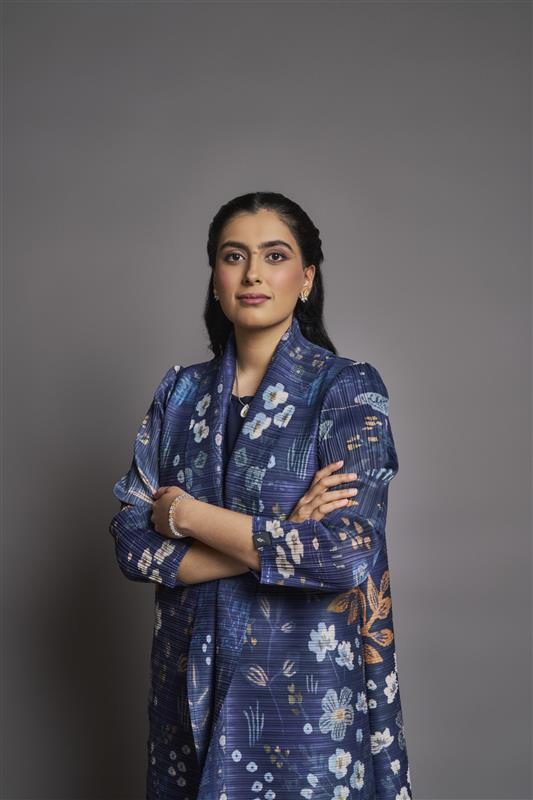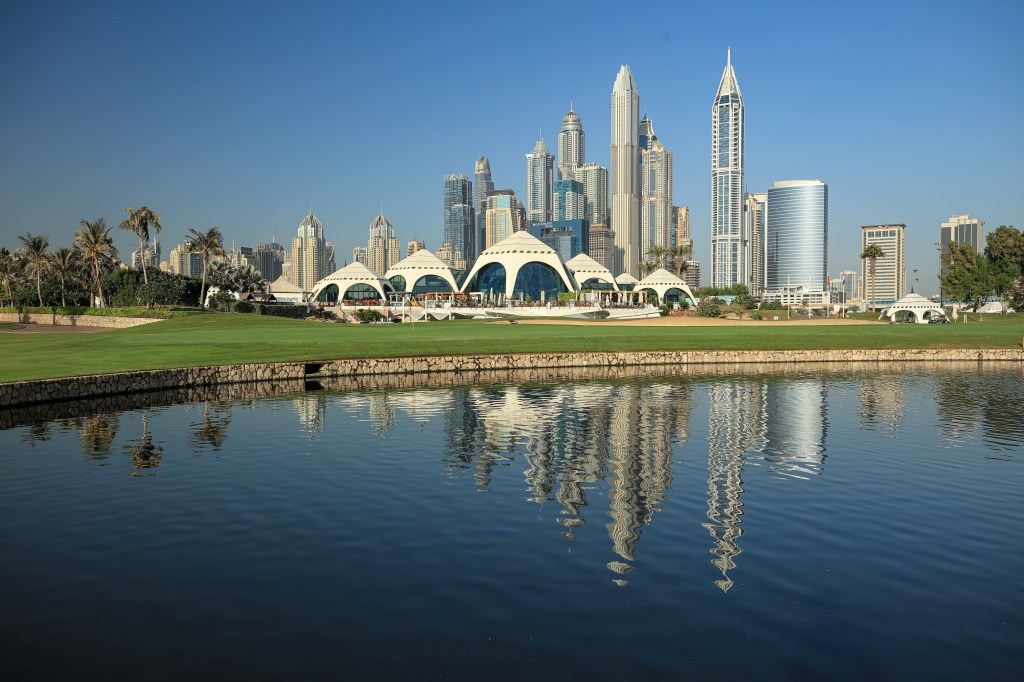Imagine owning an apartment in Dubai – or at least part of one – for less than your monthly grocery bill.
That’s Damac Properties scion Amira Sajwani’s pitch for flipping real estate investing on its head and bringing it closer to the TikTok generation.
PRYPCO lets regular folks take “bites” out of properties, turning an industry reserved traditionally for the cash-flush into something your average Gen Zer could consider.
“It’s like property sampling,” Sajwani says. “Buy a fraction of a property for a small amount to understand the rental yield.” And dive deeper if it suits you.
Sajwani isn’t reinventing the wheel. She’s jumping on a global trend. With property prices rising, and central banks taking their sweet time to cut borrowing costs, fractional property investing is having a moment.
The market was worth $19.5 billion in 2023 and could reach $26.9 billion globally by the end of this year, according to Polaris research. It’s expected to grow by 50% annually to reach $793.4 billion by 2032.
In the US, Softbank-funded Pacaso, which pitches luxury vacation home co-ownership, is currently valued at over $1.5 billion. And Jeff Bezos is backing Arrived Homes, a real estate platform that gives investors the opportunity to get a taste for as little as $100.
Here’s how it works
Rather than stumping up the cash to buy an entire property, fractional investing platforms basically pool smaller investments from a larger number of people to purchase a property. You then get a fraction of the rental income and long-term value growth, in proportion to your investment. For holiday home investments, you may also get to use the property for a certain number of days each year.
Fractional real estate investing in residential properties typically offers annual returns of 8 to 10%, not far off the 10.3% average of traditional long-term real estate investments. The potential to make almost the same return without a big outlay has made fractional investing popular.
But PRYPCO isn’t just about copying what’s trending in the West.
Fractional investing could expand access to wealth generation in a region obsessed with real estate. For a country like the UAE, the model offers a new path for younger investors priced out of a market that’s been hitting one record after another since the pandemic.
Let’s face it: for a vast majority, owning a slice is better than owning nothing at all.
And Sajwani wants to make this process as easy as scrolling through Netflix. Ten minutes on your phone. No secret handshakes and meetings with brokers, lawyers and bureaucrats required.
It’s a big leap for the daughter of Hussain Sajwani, the man behind one of Dubai’s top developers. She still leads sales and development at Damac Properties and has co-launched Amali, an ultra-luxury villa business, with her brother Ali.
But it’s this proptech startup launched in June that has the 30-year-old buzzing about giving a new class of investors access to the real estate market by creating a more “inclusive” system.

Amira Sajwani.
Competition
She already has competition.
In June, Dubai-based fractional investment platform Stake, which is backed by the likes of Saudi Aramco and Mubadala Investment Company, announced plans to enter Saudi Arabia and Abu Dhabi. The firm has raised $26 million, closing a $14 million round earlier this year.
In its latest investor report, Stake disclosed that it funded 75 properties worth $34 million in the first half of 2024, delivering $1.7 million in dividends to its base of 650,000 investors. It said its portfolio delivered an average rent per square foot of $39, outperforming the market average of $27.
Then there’s SmartCrowd, which has been in the game for six years now. It’s made over 40 exits, with an average annual return of more than 16.5%, according to the company. The business has over 7,000 active investors and raised $82 million so far for its portfolio.
Siddiq Farid, a co-founder who recently stepped away from the fractional investing business, tells MONIIFY that it’s a tricky sector, no matter how favorable the real estate winds are.
Choosing the right assets and not being drawn in by speculation isn’t easy in a market as hot as Dubai’s, he says.
For startups, there is also the funding question to consider. It’s not a business model that VCs take to easily because real estate transactions are both cash heavy and inherently slow, making it difficult to scale quickly, he says.
VC funds often operate on seven to 10-year horizons and prioritize growth trajectories with clear and fast exits, Farid says. Fractional real estate doesn’t fit that bill.
Work that money
With Damac’s name and financial heft right behind it, PRYPCO doesn’t have to worry about the funding question. It has nine properties now, and not just Damac ones.
But Sajwani agrees that skepticism looms large in the UAE market, where big promises can fizzle out fast. “The first impression is, ‘How can you buy a property with such a small amount? Will they run away with my money? Is this too good to be true?’” she says.
Making the customer understand returns, for instance, is key. Historically, these fractional investments tend to offer lower risks and lower rewards compared to stocks or crypto. But they offer stability and asset-backed growth.
In the end, she says, it’s about making “your cash work for you.”






